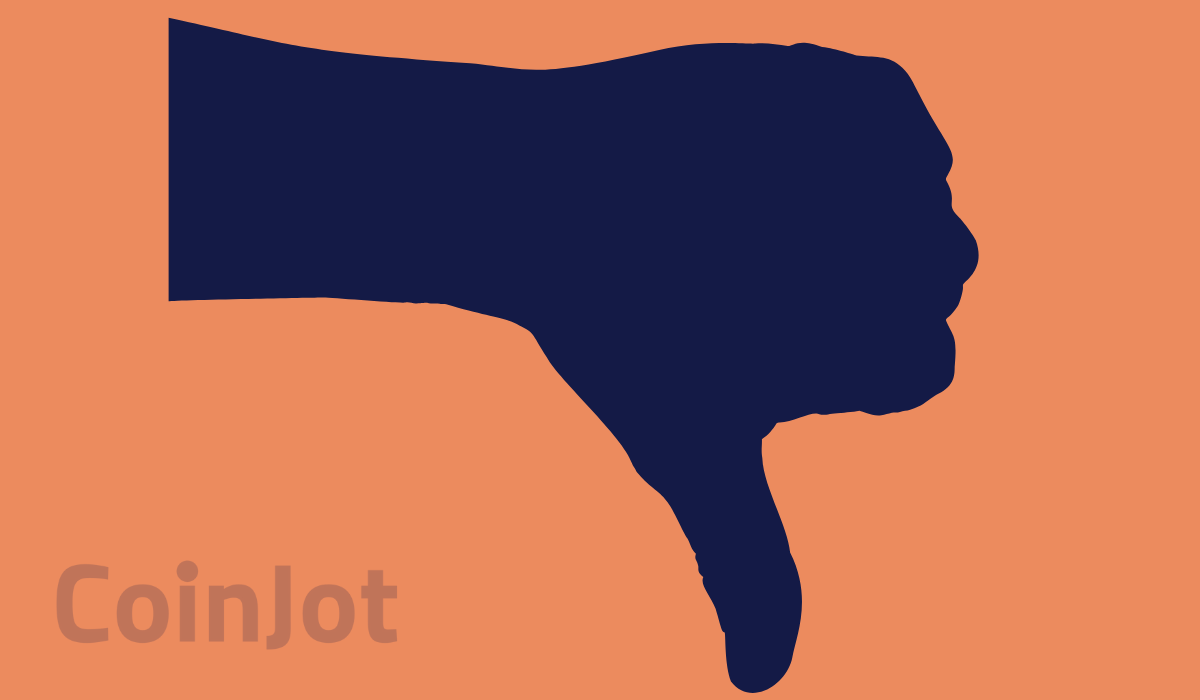In a recent interview with The Star, Vitalik Buterin, Ethereum co-founder highlighted a few problems facing blockchains including scalability, usability, account security, and privacy. He cited that of these four problems, scalability was the major thorn in the flesh because Ethereum’s blockchain is “almost full”. He went ahead to suggest that in order to solve this scalability issue, Ethereum would have to move to a network where every computer validates only a small portion of transactions.
Binance CEO, Changpeng Zhao disagrees with Vitalik as he believes speed and scalability is presently a solved problem for blockchains.
Vitalik And Changpeng Face-off
Changpeng Zhao, Binance CEO responded to this recent scalability claim by Vitalik stating:
“I like Vitalik and ETH, but speed & capacity was a problem a year ago, but now a largely solved problem for newer blockchains (for now). We need to increase real applications that people actually use, so that we hit the new capacity issues/limits again. Focus on applications.”
Over an hour later, Vitalik replied stating that the scalability issue remains unsolved, adding that according to his knowledge, EOS also has “scalability bottleneck issues”. Buterin, however, goes on to point to Bitcoin SV blockchain saying it’s “three times more scalable”.
In the past, Vitalik has referred to this scalability issue as the scalability trilemma explaining that there has to be a trade-off between scalability, security, and decentralization as blockchains cannot have more than two at the same time.
So many people chimed in on this conversation. Larry Cermak, Director of Research at The Block agreed with Vitalik that scalability is still an issue even for newer blockchains:
“Saying it’s solved in newer blockchains isn’t really presenting the full picture. There are always trade-offs. Newer blockchains (TRON, EOS, Binance Chain) sacrifice centralization and censorship resistance for better scalability. Binance chain still has a single point of failure.”
On the other hand, MetaHash responded claiming they have already solved the problem of scalability and speed in their TraceChain blockchain and have concrete proof of it.
Blockchain Scalability And Transaction Speed
In April, Lightning Labs launched an alpha version of the Lightning Network which is aimed at solving Bitcoin’s scalability. Presently, Bitcoin (BTC) can handle only about 7 transactions per second. When asked whether he thinks a solution like the Lightning Network is viable to solve scalability issues, Vitalik quickly responds saying that he’s grown more doubtful about off-chain-data L2s. He then mentions Ethereum Foundation researcher, Vlad Zamfir saying:
“@VladZamfir is right; they’re just hard, require too much application-layer reasoning about incentives, and hard to generalize”.
Binance exchange launched its very own blockchain early this year, Binance Chain. According to Zhao, this blockchain can process “a couple of thousand” transactions per second. This may be attributed to the fact that Binance Chain does not support smart contracts, hence its capacity to process a large number of transactions.
Ethereum, the second-largest blockchain by market cap supports only 15 transactions per second. EOS, Ethereum’s crypto competitor as many refer to it, aims at outshining Ethereum by processing more transactions per second. According to data from bloks.io, EOS can support well over 3990 transactions per second.
Justin Sun’s Tron blockchain is always scouting for scalability solutions. Recently, Tron released their first of many scalability solutions dubbed Sun Network which is projected to improve Tron’s scalability 100x. As per data from Tron’s official website, the blockchain can comfortably handle 2000 transactions per second. However, tronscan.org shows that only 748 transactions are supported per second.









